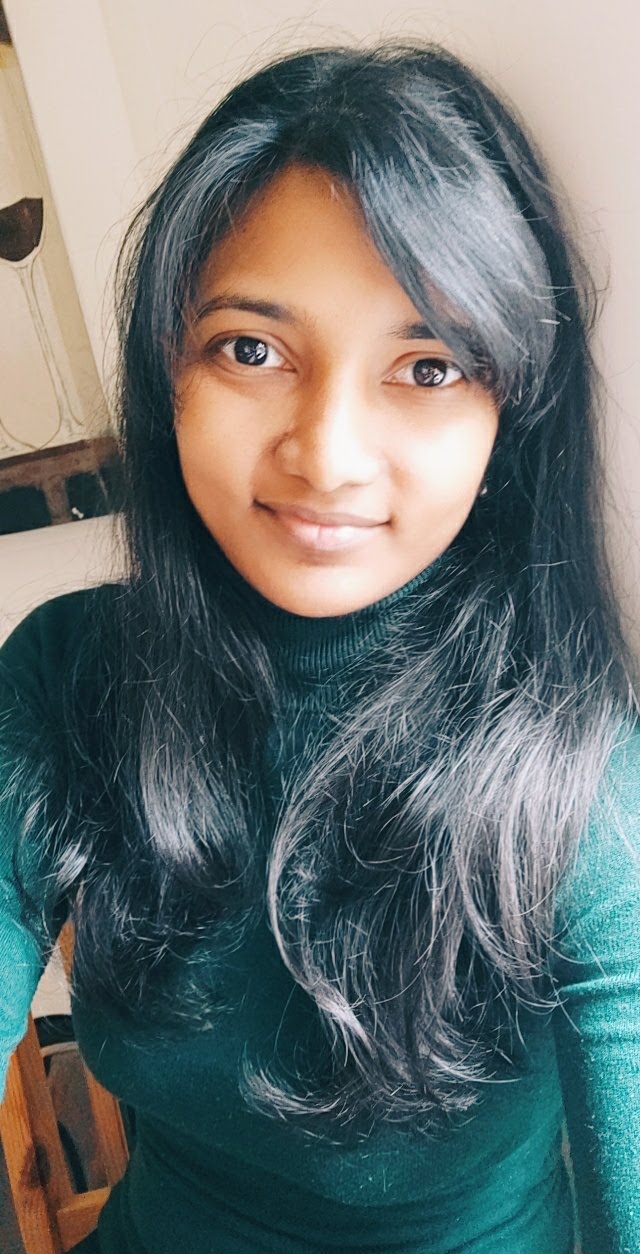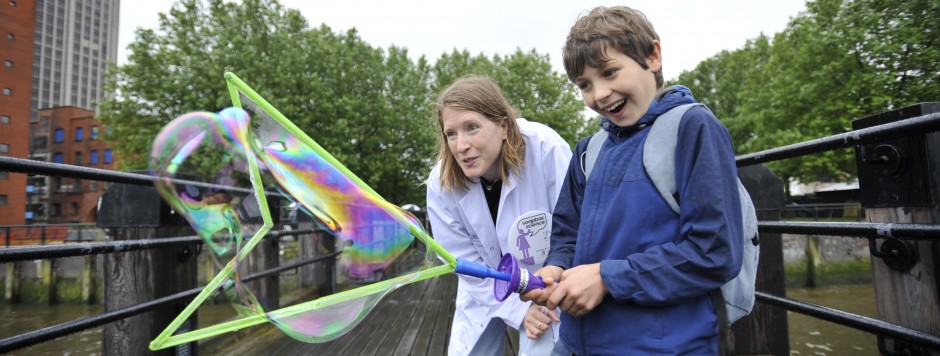 Devasanthini Devaraj (@DevaSanthini), University College Dublin will be taking part in Soapbox Science Galway on 29th June with the talk: “Natural Gas – The cleaner fossil fuel into the future”
Devasanthini Devaraj (@DevaSanthini), University College Dublin will be taking part in Soapbox Science Galway on 29th June with the talk: “Natural Gas – The cleaner fossil fuel into the future”
I am a PhD student in UCD School of Chemical and Bioprocess Engineering. I have a multi-disciplinary background. After completing my bachelor’s degree in Information Technology, I worked as a Programmer/Analyst for Infosys Limited in India. While I was working there, I participated in several outreach activities where I taught Science and English to primary school children. I had persistent interest to study more. I quit my job to pursue master’s in UK in Process Systems Engineering where I studied design, operation and simulations for systems at industrial level.
My journey to Dublin
I had always aspired to do a PhD. After completing my master’s degree, I applied for a few PhD positions. I am glad that I got accepted for this specific programme because the work involved is closely related to the research that I carried out on shale gases for my master’s thesis. The place of work being in Dublin is a bonus to my innate desire to travel.
My inspiration for a career in science
I grew up in a society where people are conservative, and women were expected to live a template life. An independent woman would be criticized, but I did not want to be chained to the expectations of society. My inspiration for a career would be from women who worked towards breaking the stereotype. I would like to specifically mention my high school headmistress, Miss Vimala who inspired me to dream big. A career in science for me was a gradual and careful selection process based on my interest and ability to perform in academics.
My research
We use different forms of energy like gas, oil, electricity in our daily lives. Producing these forms of energy in industries is causing ‘Climate Change’ which is a threat to the environment. Sustainable development goals are developed by UN with an aim to improve the lives and livelihoods of future generation by providing access to clean energy, food and water while protecting the biodiversity and ecosystem. Several nations are making efforts to address this situation by producing clean energy from wind, solar and water. Producing clean energy is a long-term process which requires huge investment. At the same time, millions of euros had already been invested in building the infrastructure which is currently existing to supply gas, oil to homes and industries. Switching to producing clean energy can make the existing infrastructure obsolete. My research is to identify the balance between these two challenges.
Natural gas is a relatively cleaner and cheaper form of energy which does not require new investment for its production and distribution. Moving towards using gas instead of coal or oil as much as possible will support reduction of carbon dioxide emission in near future. I am also working on identifying ways of using the gas infrastructure for other purposes like storing and supplying other types of gases.
Why I do what I do?
An interesting aspect of the research is scope of the work and case studies are being performed for countries with various demands and capacities. It requires learning new concepts and keeping myself updated on a daily basis which is an interesting challenge. I also learnt that it is essential to develop solutions that benefit the consumers, because their role is important to implement solutions that could potentially mitigate climate change.
Engagement in Soapbox Science
Being a part of AthenaSWAN UCD, I learnt the difficulties in making reforms regarding empowerment, equality and inclusion. I decided to participate in events like Soapbox Science for few reasons. To interact with women scientists to understand the challenges encountered by them in their career and the challenges involved in promoting women in STEMM. I hope to get an understanding of their goals and implementation strategies. I am also interested in talking with young minds to enforce positivity to pursue a career in science or parents of young people to encourage their children to pursue a career in science. Finally, successful delivery of the sustainable development goals require participation from governments, private sector and most importantly civil societies and citizens. I am interested to discuss the gaps and uncertainties in our knowledge of global environmental risks and how to enable societies to become resource-efficient, sustainable and healthy.
What would I like to change about the scientific culture?
Publications and impact factors being used as a metric to assess the success of a researcher is pressurising. This competition to work more to be ahead of peers might affect the balance of Science-Life.
My recommendation to a woman considering pursuing a career in science
Research could be a challenging environment and it is associated with uncertainty in terms of outputs, funding and job security. It is also common to feel overwhelmed or at an impasse or even fall prey to the “imposter syndrome”. Take a step back from those situations, allow your brain to calm down, remind yourself of your past successes which will eventually enable you to devise better solutions. Perseverance is the key. If you are passionate about what you are doing, you could fuel yourself to keep going and achieve your goal.
